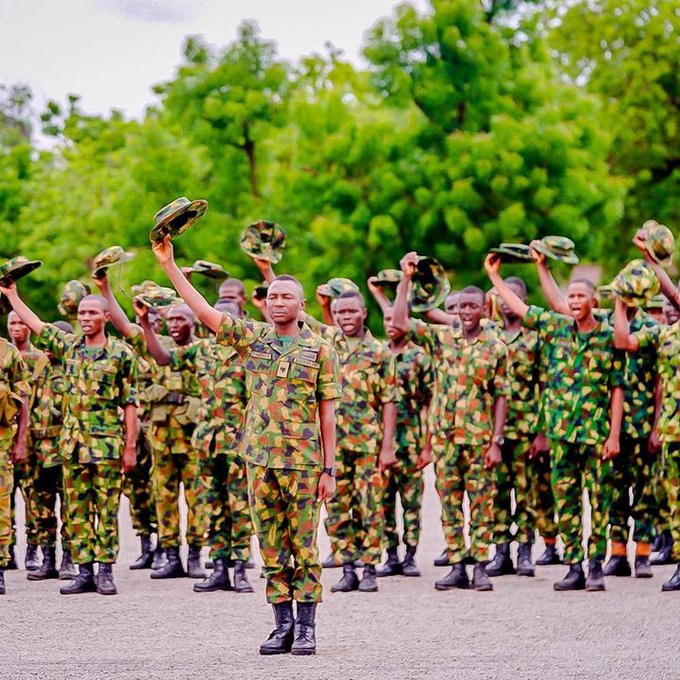The Nigerian military has firmly denied allegations by Amnesty International (AI) that it caused the deaths of 10,000 civilians in its detention facilities.
In a bold move, the military invited the international human rights organization to present evidence to support its claims.
The military described the accusations as “malicious, shocking, and lacking in merit.”
“Allegations Are Mischievous”
Director of Defence Media Operations, Major-General Edward Buba, criticized Amnesty International’s claims as being both untrue and harmful to the military’s reputation.
He labeled the allegations as a deliberate attempt to discredit the armed forces, particularly at a time when the fight against terrorism in the North East is nearing its conclusion.
“The armed forces view the pronouncements by Amnesty International as shocking, lacking in merit, and mischievous,” Buba stated.
Amnesty International’s Claims
At a recent press briefing in Maiduguri, Amnesty International accused the Nigerian military of being responsible for the deaths of over 10,000 civilians in detention.
The organization linked these deaths to the military’s handling of suspects during the Boko Haram insurgency in the North East.
The accusations were part of a broader critique of the military’s operations during the prolonged conflict.
“We Follow International Standards”
In response, Major-General Buba insisted that the Nigerian military operates with professionalism and adheres to international humanitarian laws.
He emphasized that the military has strict rules of engagement and takes extensive measures to avoid civilian casualties.
“Though the operational environment has been complex and challenging, troops have painstakingly abided by the rules of engagement to avoid civilian casualties,” he said.
Arrests and Profiling
Buba explained the military’s procedure for handling civilians detained during operations.
“When arrests are made, suspects are profiled, after which they are handed over to the appropriate agency for release or prosecution,” he noted.
He added that court martials are set up in operational theaters to ensure swift justice for any personnel found guilty of unethical conduct.
Call for Evidence
The military has urged Amnesty International to provide details and evidence to support its allegations.
Buba stated that this step would allow the military to conduct a thorough inquiry and determine the authenticity of the claims.
“On the whole, the armed forces invite Amnesty International to substantiate the details of the allegations,” he said.
He assured Nigerians that the military remains committed to its constitutional duties and global best practices under the leadership of the Chief of Defence Staff, General Christopher Musa.
A Complex Conflict
The Boko Haram insurgency, which began over a decade ago, has led to widespread displacement, loss of lives, and allegations of human rights abuses on all sides.
Civilians have often been caught in the crossfire, with accusations of abuses leveled against both the insurgents and the military.
The military’s latest invitation to Amnesty International reflects a desire to confront these allegations head-on while defending its record.
Public Reactions
The allegations by Amnesty International have sparked mixed reactions among Nigerians.
Some have called for an independent inquiry to ensure accountability, while others have expressed support for the military’s efforts in combating terrorism.
“Let Amnesty International present their evidence,” said Ibrahim Musa, a resident of Maiduguri.
“This issue is too serious to rely on accusations without proof.”
Others, like human rights activist Ada Nwafor, believe the military should embrace transparency to build public trust.
“If the military is truly professional, it has nothing to fear from a proper investigation,” she said.
What’s Next?
The ball is now in Amnesty International’s court to substantiate its claims.
The military has expressed readiness to conduct an inquiry if credible evidence is provided.
As the North East approaches the end of its long battle with insurgency, the focus on human rights and accountability remains critical.

